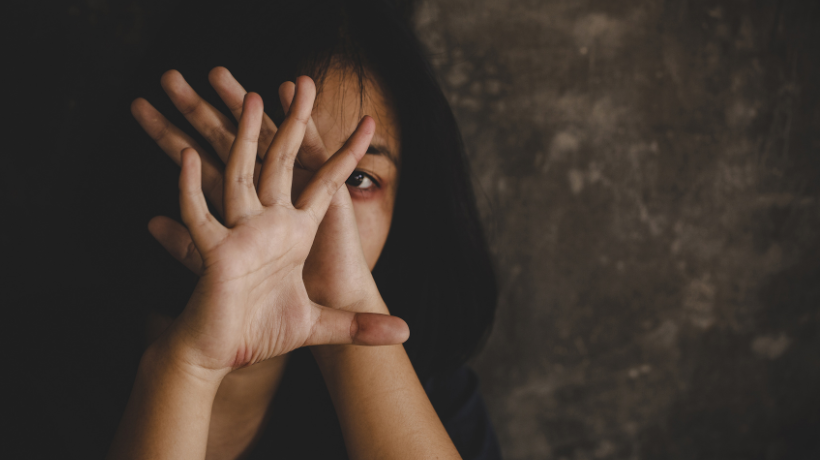
Why Victims Defend Their Abuser’s Actions
One of the most confusing and heartbreaking aspects of abuse is watching a victim defend the very person harming them. To outsiders, this response can seem irrational or even frustrating. But for those experiencing coercive control, emotional abuse, or trauma bonding, the reasons are deeply rooted in survival, fear, and psychological conditioning.
Victims may defend their abuser’s actions for many reasons: to protect themselves from escalation, because they’ve been gaslit into doubting their own reality, or because they still hope the abuser will change. In some cases, defending the abuser becomes a coping mechanism—a way to maintain a sense of control in an uncontrollable situation.
This course/module/article will help you understand the emotional dynamics at play when a victim seems to justify, minimize, or excuse abusive behaviour. Rather than seeing it as weakness, you’ll learn to see it as a response to prolonged manipulation, fear, isolation, and shame.
By understanding why victims defend their abuser’s actions, we can shift from blame to empathy—and provide the kind of support that makes healing possible.

Why victims defend their abuser’s actions is a complex and often misunderstood part of coercive control. To those on the outside, it may seem puzzling or even frustrating when someone justifies, excuses, or protects the person who is clearly harming them. However, this behaviour is not about denial or weakness—it’s about survival.
Victims of coercive control often find themselves defending the abuser’s behaviour as a way to manage fear, maintain emotional attachment, or preserve hope. Over time, abusers use tactics like gaslighting, guilt, and isolation to distort reality. As a result, victims may internalise blame, question their own judgment, and convince themselves that things aren’t “that bad.”
At Family Violence Mindset Solutions, our Coercive Control Course explores these emotional dynamics and helps survivors recognise the deeper reasons behind this pattern. Understanding it is a critical step toward breaking free from the cycle of abuse.
Common Reasons Victims Defend Their Abuser’s Actions
Emotional Manipulation
Abusers frequently use guilt, shame, and blame to make victims feel responsible. This leads them to justify or downplay the abuse.Fear of Retaliation
Many victims stay silent or defend their abuser to avoid escalation, threats, or punishment.Self-Blame and Gaslighting
Abusers distort the victim’s reality, leading them to believe the abuse is their fault—or that it’s not even happening.Attachment and Love
Strong emotional bonds, especially in long-term or trauma-bonded relationships, make it difficult to separate love from harm.Hope for Change
Victims often hold onto the belief that things will improve, especially if the abuser shows temporary remorse or affection.
Reclaiming Perspective and Power
Understanding why victims defend their abuser’s actions is essential for recovery. It allows individuals to release shame, reconnect with their instincts, and rebuild self-trust. Our course at Family Violence Mindset Solutions provides survivors with practical tools to recognise these patterns and begin healing.
For more insights and trauma-informed support, visit trusted resources like Women’s Aid, Domestic Shelters, and our own Blog.
